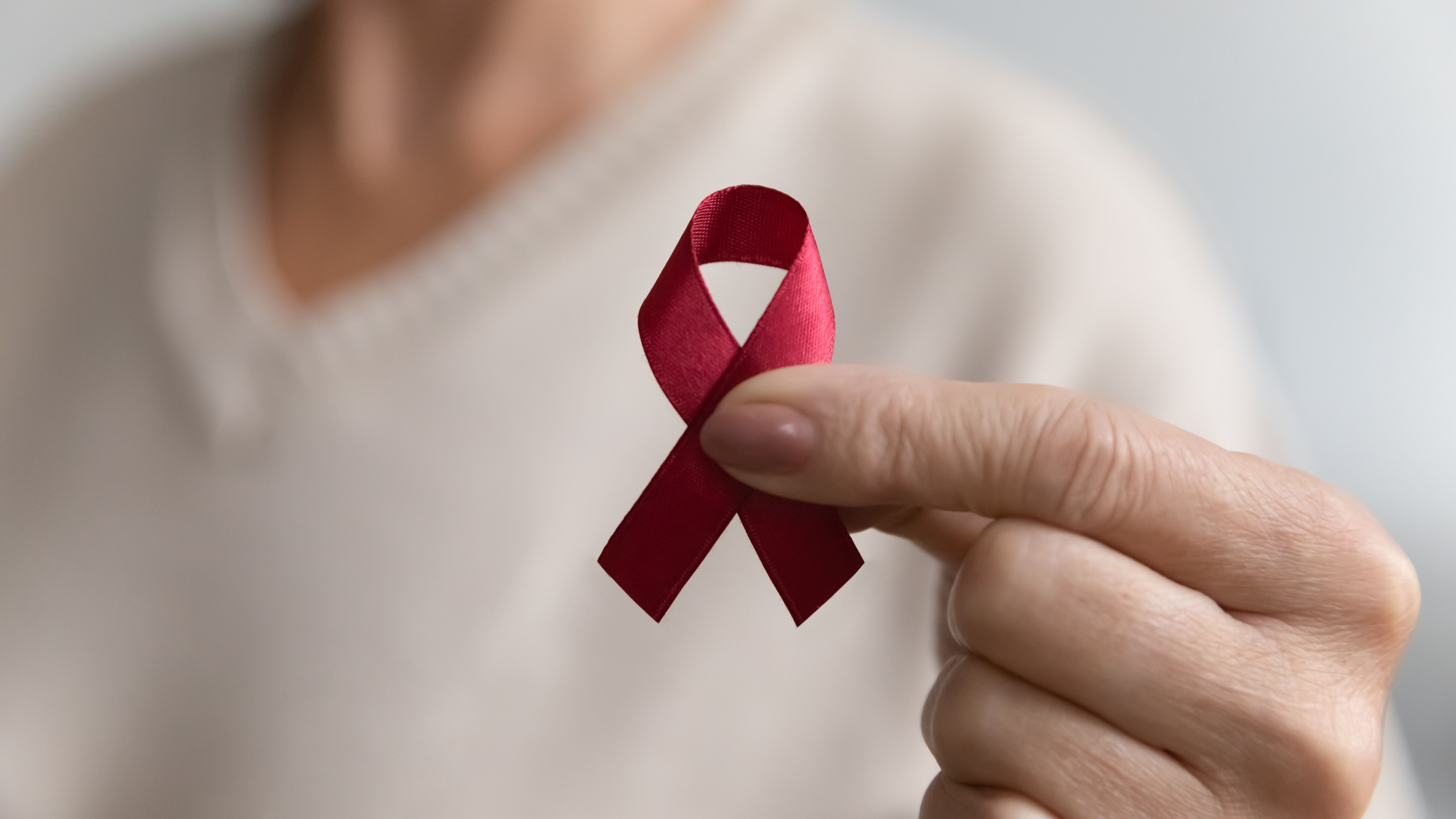- Center on Health Equity & Access
- Clinical
- Health Care Cost
- Health Care Delivery
- Insurance
- Policy
- Technology
- Value-Based Care
Internalized HIV Stigma, Depressive Symptoms Linked in People Living With HIV
People living with HIV reported feeling inferiority due to HIV and gloomy feelings during the COVID-19 pandemic, as researchers linked internalized HIV stigma to depressive symptoms.
Mental health outcomes could be improved in people living with HIV (PLWH) by addressing feelings of inferiority due to an HIV diagnosis and managing symptoms of depression, according to a study published in Frontiers in Public Health. Initiatives to reduce the stigma in others are also needed in the future.
PLWH had exacerbated mental health problems due to the COVID-19 pandemic, as they were particularly vulnerable during the public health crisis. Depressive symptoms, such as persistent sadness, cognitive difficulties, and physical malaise, are particularly common in PLWH due to their condition and were worsened during the pandemic. Depressive symptoms can also be caused by internalized stigma of HIV, which could be worsened due to the pandemic. This study aimed to use psychometric network analysis to establish the relationship between depressive symptoms and HIV stigma during the COVID-19 pandemic.
HIV Awareness Ribbon | Image credit: fizkes - stock.adobe.com

Data were collected from May 2020 to October 2020 from 6 hospitals and clinics in 5 cities in Guangxi, China. These hospitals and clinics had the highest number of HIV patients in their care. Patients were included if they were aged between 18 and 60 years, had a diagnosis of HIV/AIDS, and lived in Guangxi with no intention of relocating during follow-up. Patients with mental, physical, or language impairments were excluded.
The Center of Epidemiological Studies Depression Scale (CESD-10), which included 10 questions, was used to collect data on depressive symptoms. A score that was higher, out of 40 total points, indicated a higher level of depressive symptoms. A modified version of the Negative Self Image Scale was used to assess internalized HIV stigma. COVID-19–specific instructions were given to make sure that the questions were relevant to the pandemic.
Network models were created to represent both HIV stigma and depressive symptoms as well as a separate network model that combined them both. The researchers found that the most common symptoms represented in the HIV stigma network model were “ashamed of having HIV” and “self-degradation due to HIV.” The symptom “HIV stigma worsens self-perception” was the least common. “HIV self-perceived badness” and “ashamed of having HIV” had a strong connection, as did “HIV-associated guilt” and “HIV-related disgust.”
For the depressive symptoms network model, the most common symptom was “mind wandered during tasks” and the least common was “negative future optimism.” “Negative future optimism” and “unhappiness” had the strongest connection. The network model that combined HIV stigma and depressive symptoms found that the bridge symptoms were “inferiority due to HIV” and “gloomy feelings.” All 3 models were found to be stable.
There were some limitations to this study. Causal inferences could not be made due to the cross-sectional design. Further studies, preferably with a longitudinal or experimental design, should be done to explore the causal relationship between internalized HIV stigma and depressive symptoms. Response bias is possible due to the self-reported data. Measurements with diagnostic function should be used in future research rather than the CESD-10. The 2 factors that formed the bridge could be subject to subjectivity, as the bridge does not necessarily indicate effect size. Future research requires clarifying the role and interpretation of the bridge symptoms.
The researchers concluded that “inferiority due to HIV” and “gloomy feelings” were key symptoms that linked internalized HIV stigma and depressive symptoms during the COVID-19 pandemic in PLWH. Addressing feelings of inferiority and managing symptoms of depression should be the target of therapeutic interventions in the future.
Reference
Yuan GF, Qiao S, Li X, et al. Bridging internalized HIV stigma and depressive symptoms among people living with HIV in China during the COVID-19 pandemic: a network analysis. Front Public Health. Published online January 5, 2024. doi:10.3389/fpubh.2023.1306414
Elevating Equitable Health Care for the LGBTQ+ Community
June 18th 2024For the third episode in our special Pride Month series, we speak with Patrick McGovern, CEO of Callen-Lorde since August of 2023 and an outspoken advocate for HIV; lesbian, gay, bisexual, transgender, queer, plus (LGBTQ+); and community health.
Listen
Community Outreach Is Enabling CeSHHAR to Close HIV Care Gaps in Zimbabwe
April 6th 2021The Centre for Sexual Health and HIV/AIDS Research Zimbabwe conducts evidence-based research related to HIV and AIDS, as well as provides and implements sexual and reproductive health education and interventions among sex workers, children, and adolescents, and in the area of masculinity.
Listen
